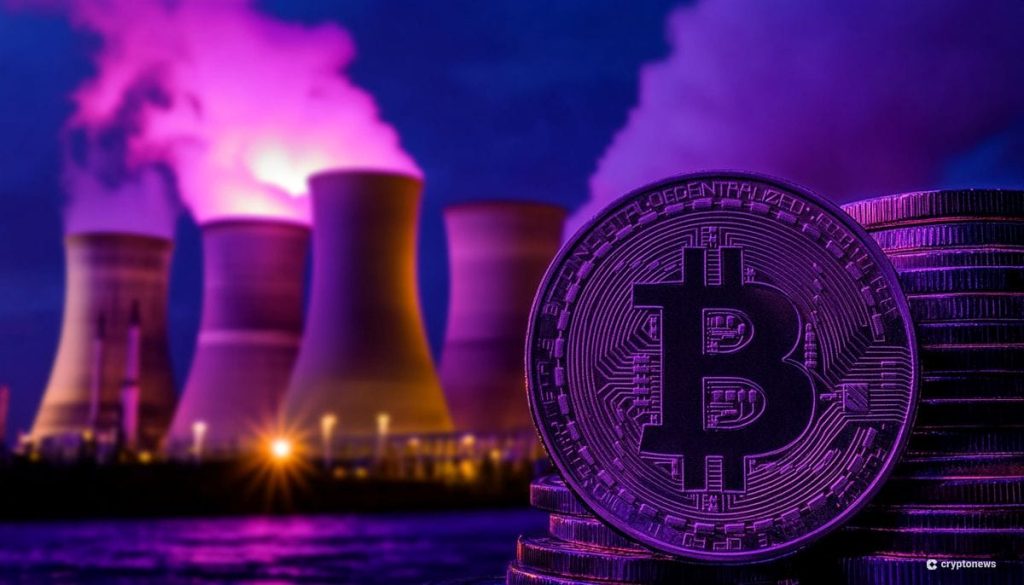The Russian Ministry of Energy has expressed readiness to grant access to surplus electricity capacity to crypto miners as the nation continues its pivot towards cryptocurrency. The Energy Minister, Sergei Tsivilev, made these statements at the Eastern Economic Forum in Vladivostok on September 5. While Tsivilev mentioned that fostering the crypto mining sector is not a priority for the Russian government, he highlighted the benefits for both miners and power providers by allowing legal players to utilize surplus power. Only legal miners registered in a government-curated registry would be eligible to receive this energy.
Tsivilev emphasized that miners would need to pay taxes on the coins they mine with surplus energy but may only be required to pay a nominal amount for electricity. By allowing power plants to operate at full capacity, the economy of the station would improve, the Treasury would receive tax revenue, and people would pay for electricity, creating a beneficial situation for everyone involved. The minister also mentioned that socially significant facilities and Russian industry remain a priority in terms of access to power, indicating that mining is not the government’s main focus.
Even though the Russian government is willing to support the crypto mining industry to some extent, they are cautious due to concerns about overload problems for regional grids. President Vladimir Putin previously highlighted the growing electricity consumption for mining as a potential challenge for Russia’s regions. To address these concerns, the nation’s new mining law allows for the imposition of a ban on mining activities in specific regions and territories. It also prohibits electric power industry players from directly involving themselves in crypto mining and permits individual regions to temporarily ban miners from operating.
Despite the cautious approach taken by the Russian government, there are signs of progress in the crypto mining sector within the country. A mining association chief revealed that Russian Bitcoin industry players mined 54,000 BTC in 2023, with industrial miners estimated to contribute $559 million per year in taxes. Additionally, some of Russia’s largest oil firms have initiated pilot programs with miners involving associated gas at drilling sites. These developments indicate potential growth in the crypto mining sector in Russia, albeit with regulatory oversight and restrictions to address power supply concerns.
In conclusion, the Russian Ministry of Energy’s willingness to grant access to surplus electricity capacity to crypto miners represents a significant step towards supporting the industry. While the government emphasizes the importance of socially significant facilities and Russian industry in terms of power access priority, they recognize the potential benefits of allowing legal miners to utilize surplus power. However, concerns about power supply issues and grid overloads have led to cautious measures, including the imposition of bans on mining activities in certain regions. Nevertheless, signs of progress and potential growth within the Russian crypto mining sector are evident, with collaboration between miners and oil firms and significant tax contributions expected from industrial miners.


